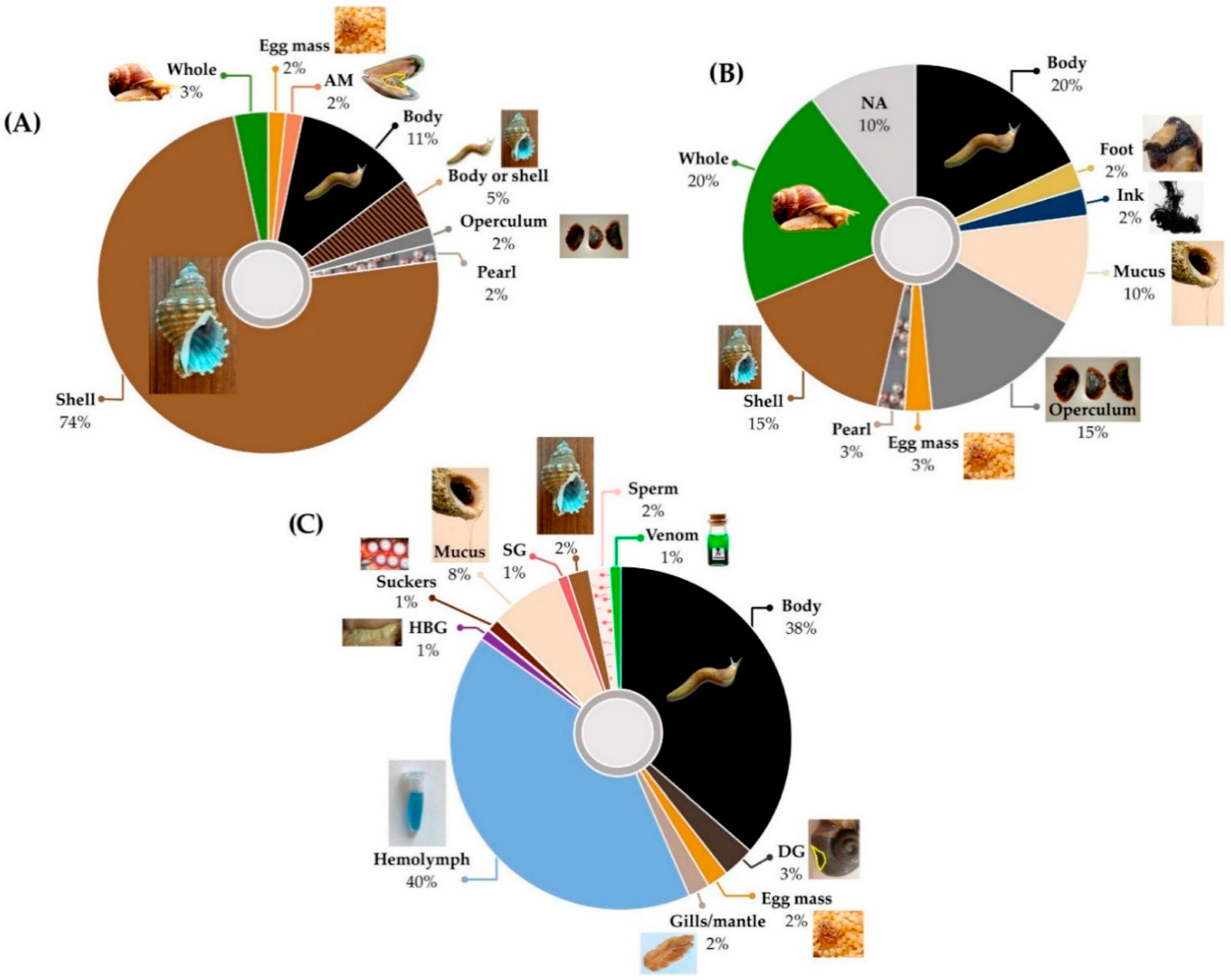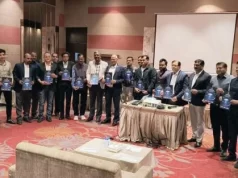
Centre of Excellence for Animal Husbandry (CEAH-Bengaluru) – Animal Husbandry Academy of India under Government of India, Ministry of Fisheries, Animal Husbandry & Dairying, and Department of Animal Husbandry & Dairying organised an online sensitisation workshop on export of table eggs from India on 12th October, 2023.
India is producing about 20 – 25 crore eggs per day. Tamil Nadu, Andhra Pradesh, Telangana, West Bengal, Punjab, Maharashtra, Karnataka and Kerala are the leading states in production of eggs in the country. Namakkal is the one district having a population of nearly about 6 crores layers and producing 5 crore eggs per day. However, export potential needs to be augmented considering newer opportunities of compartmentalization and growing demand of table eggs across Southeast Asia and Middle East. In this regard, the CEAH Bengaluru organized the workshop on export of table eggs from India on 12th October, 2023 at 10.00am.
The Workshop started sharp at 10.30am on 12.10.2023. Dr. Mahesh P.S., Joint Commissioner, CEAH Bengaluru introduced all the panelists to the Joint Secretary. He gave the statistics related to Indian Economy and status of exports from India in his address he informed that Indian Exports are likely to touch 1 trillion dollars by March 2024 out which Agricultural Exports is 50 billion dollars and Animal Husbandry Sector is 4.5 to 5.0 billion dollars.
Sri. G.N. Singh, Joint Secretary (Trade), inaugurated the workshop. In his address, he welcomed all the panelists and stakeholders namely, State Animal Husbandry Authorities, RDDL in charges, Poultry Farmers and Exporters, Entrepreneurs and other fellow colleagues from AQCS to the workshop. He emphasized that Government of India is committed for facilitating export and import for the benefit of Animal Husbandry Sector of India. The Animal Quarantine and Certification Services centre (AQCS) at Delhi, Mumbai, Kolkata, Chennai, Bengaluru and Hyderabad are proactively engaged in facilitating mandatory certificates in collaboration with state Animal Husbandry
Authorities with Regional Disease Diagnostic Laboratories (RDDL) at Bengaluru, Pune, Kolkata, Jalandhar and Central Laboratory at Bhopal.
Sri. G.N. Singh, Joint Secretary narrated the role of Centre of Excellence for Animal Husbandry in various ways for capacity building and best in class production centres. He appreciated the achievement of CEAH in just two quarters covering more than 800 personnel being trained under various programmes at CEAH.
Dr. Dipankar Biswas, Joint Commissioner, AQCS, Chennai who is spearheading facilitating table egg exports from Namakkal in the recent times up to almost ten crore eggs. He explained in detail flow chart for table egg export procedure step wise involving AQCS as nodal agency for submitting the application later followed by the advice of AQCS officer, state agencies will do the necessary mandatory sample survey as per the need of importing country and submits the sample to respective RDDLs in turn RDDLs will submit the report for parameters sought by the authorities. Considering all the recommendations from state authorities and RDDLs, AQCS finally issues International Veterinary Health Certificates (IVHC) as per the mandate of importing country.
AQCS, Chennai has so far facilitated table egg exports worth of Rs. 136 crores (22.7 crore eggs) in 2021-22, Rs. 298 crores (49.8 crore eggs), 2022-23 Rs. 518 crores (86.3 crore eggs) during 2023 till date to the countries namely Oman, Qatar, Bahrain, Maldives, Shrilanka, Malaysia, Sierra Leone, Liberia, Gambia, Union des Comores, Djibouti. Similarly AQCS Mumbai and Hyderabad have also facilitated table exports to Qatar, UAE, Liberia, Djibouti. Dr. Biswas volunteered to help any entrepreneur willing to export animal products out of the country hand holding them at every stage.
Dr. Tapan Kumar Sahu, Deputy Commissioner, AQCS Bengaluru narrated the status report on hatching eggs export from both AQCS Bengaluru and AQCS Chennai to Oman and Kuwait. The total value on an average is about Rs. 200 crores per year with an average export of 5 crore hatching eggs.
Dr. Aruna Sharma, Deputy Commissioner, Member Secretary for Compartmentalization southern region at Govt. of India under DAHDF explained in detail mandatory procedures for certification under compartmentalization for a specific facility. So far 34 compartments are certified with a renewal period of once in every three years. Maharashtra leads the status with 14, Tamil Nadu 11, Chhattisgarh 6, Uttar Pradesh 02, Odisha 01 compartments certified.
She narrated checklist for defining a compartment being No. 1.Demarcation of the compartment, No. 2. Animal sub population identification and traceability, No. 3.biosecurity system, No. 4. Biosecurity plan. All these four factors will be assessed against specific mandate of WOAH (World Organization for Animal Health) into risk analysis, documentation and uploading in the requisite format to apply to the State Department.
Steps for compartmentalization:
- Establishment submits application to the State Animal Husbandry Department.
- State Government does an inspection with recommendations, sends the proposal to DAHD.
- DAHD examines the proposal and deputes the central team.
- Central Team inspects the farm based on the check list prepared by the department as per Chapter 4.5 of Terrestrial Animal Health Code (TAHC) under WOAH.
- Based on the recommendation of the central team, Govt. of India issues Avian Influenza free status for a period of three years followed by renewal after inspection every three years.
- State Animal Husbandry Department through local veterinarians submits the reports regularly (21 days, 3 months, and 6 months) through surveillance by sample collection and testing.
Dr. Venkatesan, AQCS, Delhi, Dr. Jimlee Sarmah, AQCS Kolkata, Dr. Sonia Sharma, AQCS Hyderabad and Dr. Santosh M., AQCS, Mumbai the respective Quarantine Officers presented status reports of export of animal products namely milk based sweet products, pet foods, horn based artistic products etc., through the respective regional AQCS centres.
Dr. P.V. Senthil, the next gen Entrepreneur representing Kaveri Bioproteins Pvt. Ltd., Namakkal narrated the hardship and the success being a leading table egg exporter from India. Kaveri group was established by Sri. P.K. Venkatachalam a school teacher from Namakkal with 600 layer birds in 1976. He promoted poultry farming in and around Namakkal with the help of late Dr. Nanda Gopal and TANUVAS as allied agriculture activity. It became a revolution with 10,000 farmers by 1990. He further established Namakkal Egg Coordination Committee by a quote “My produce My Price” which later became a foundation for formation of National Egg Coordination Committee (NECC). Sri. Venkatachalam being a President of Poultry Farmers Association played a crucial role for induction of egg into noon meal and he first exported a shipment of table eggs to Kuwait through his friend as early as in 1990s.
Lack of standard quality and supply chain facilities made importing countries to tag in shops as “We don’t use Indian Eggs”. Later, adaptation of Standard Practices both in egg production and innovative packaging (1312 cartons) (360 eggs per carton) as against international 1048 only are done. This saved the space and cost effectiveness up to 20 percent. 1995 Indian eggs were sought by every country as a cost advantage and quality advantage “We need Indian Eggs”.
Export picked up to 15+ countries in 2006. However, it struck to the bottom during 2012 due to Bird flu issues in India as most countries banned our eggs. In 2013 Oman opened up for Indian eggs certified by AQCS followed by all other countries in 2018. However, in 2019 exports declined by competition in price by Ukraine and Turkiye. The Ukraine war reversed the condition as Indian eggs are in demand right now in the Middle East and Southeast Asia. First Malaysian export was done by support of AQCS Chennai in December, 2022.
Dr. Senthil submitted the request to the Government to take concrete steps to open previous export markets like Kuwait, Iraq, Afghanistan, Liberia, Akola and FreeTown. The AQCS certifications should be carried out smoothly supporting the exports, extending reasonable export subsidies, removal of GST on animal feed raw materials and RCM and transport and upgrading Labs at Namakkal are the other demands from Dr. Senthil.
Shri. Giridhar Kothawar, heading All India Poultry Development Services (AIDPS) thanked all the Government Representatives be at Joint Secretary level to field station offices for extending phenomenal support for poultry sector.
Dr. Sathiyanrayanan the epidemiology expert, Tamil Nadu Animal Husbandry Department narrated the procedure of Sample Collection and Surveillance by the state authorities and proactive support of State Animal Husbandry Department for promotion of animal Products from India.
Dr. Mahesh P.S. Joint Commissioner conducted a panel discussion and Q&A session for the queries raised by the audience. Sri. G.N. Singh, Joint Secretary made a concluding remarks for having conducted successful online workshop on this specific subject of “Export Promotion of Eggs”. Further he directed CEAH to conduct many such programmes on various topics like Pet Foods, Animal Feed, Meat Products, RTC and RTE products in the coming months.
The online workshop was attended by about 650 registered participants across the country. The recordings are available at our Youtube Channel and Facebook:
Facebook: CEAH Bengaluru & Bangalore CPDO&TI
Youtube Channel: CEAH Bengaluru Academy and CPDO&TI TRAINING


















